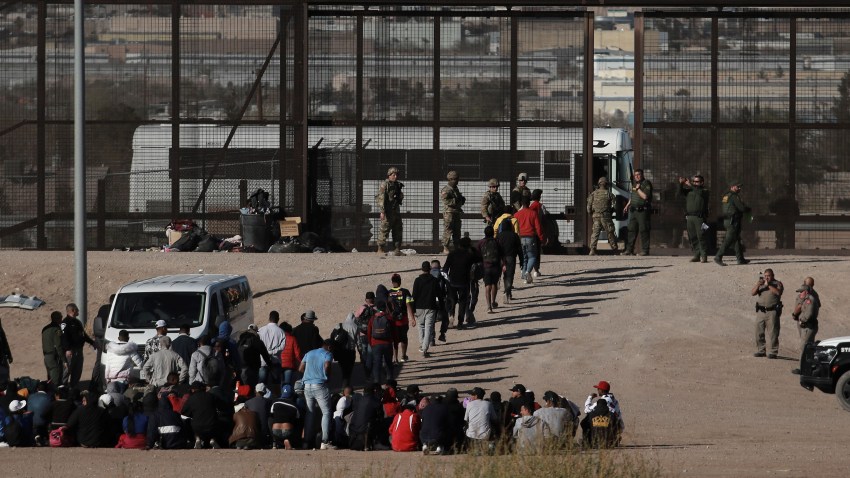This week, Title 42—the pandemic-era measure curtailing immigration across the U.S. southern border due to COVID-19 concerns—is expiring, having outlived its original justification. Now Congress is passing additional legislation to block a feared surge in migration in Title 42’s aftermath, while the administration of President Joe Biden is unveiling policies to mitigate that surge. But this new rash of efforts to regulate the flow of asylum-seekers compromises U.S. obligations under both domestic and international law, potentially putting U.S. civil servants implementing these policies at legal risk.
As Samantha Brewer wrote recently in World Politics Review, the Biden administration is essentially repurposing an immigration policy that, under former President Donald Trump, already stood in stark contrast to the moral and legal principles underlying the refugee regime. That policy continues to have horrific results for displaced persons seeking asylum. Take, for example, the badly named Migration Protection Protocol, which requires asylum-seekers to stay on the Mexican side of the border in violent, unhealthy conditions, rather than allow them to cross the border and make an asylum claim in the United States. The policy has resulted in overwhelmed and overcrowded Mexican immigration facilities at the border, like the one where a fire recently killed 40 people.
Part of the problem is the use of the word “illegal” to speak about the border crisis. Politicians on both sides of the aisle in the U.S. use the term as an adjective to refer to asylum-seekers’ attempts to cross the border at the wrong location or without using the correct app or without appropriate documentation. In border regions, some laypeople and Border Patrol agents use the term “illegal’” as a noun to pejoratively describe asylum-seekers themselves.

